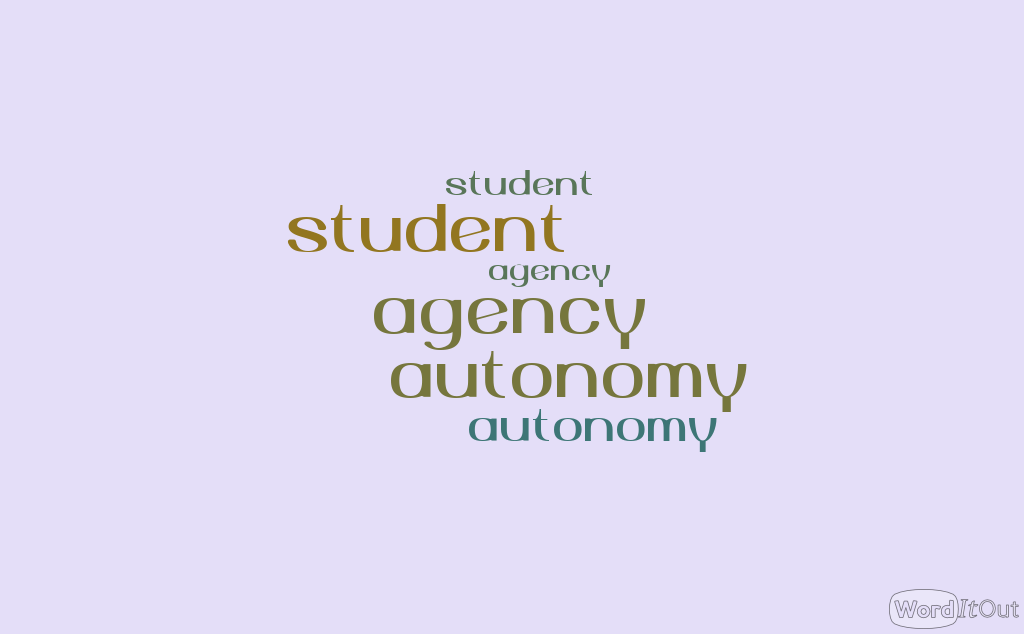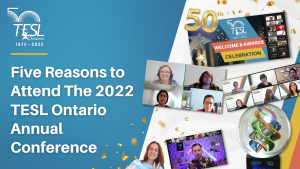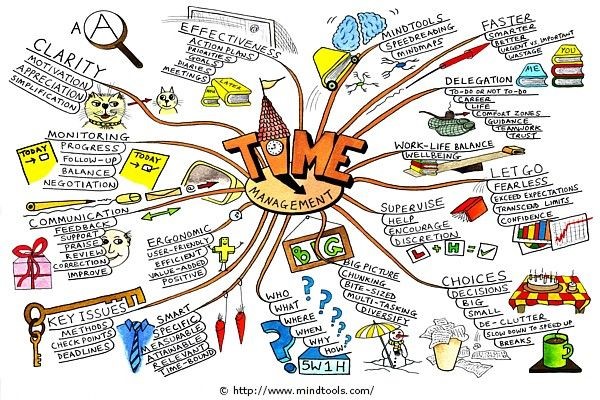Tseng Tzu said, “Every day I examine myself on three counts. In what I have undertaken on another’s behalf, have I failed to do my best? In my dealings with my friends have I failed to be trustworthy in what I say? Have I passed on to others anything that I have not tried out myself? (as cited in Confucius & Waley, 1938).
Self-reflection is an approach that allows you to have an opportunity to examine what you have done and what you can learn from your past. However, it is never an easy thing to do, as we are living in a fast-paced world full of “smart” devices. We may spot our mistakes and want to improve, but soon enough we will leave everything behind and move on to a new project. The problem is that we can never go anywhere without reflection. In this article, I am going to talk about how to take advantage of self-reflection to help us improve from both teacher and student perspectives.
Continue reading









